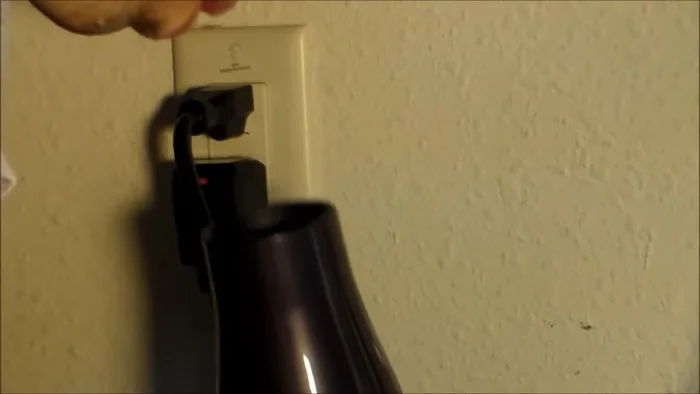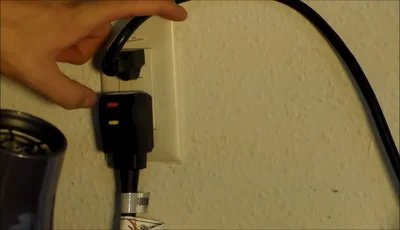Conair hair dryers, while generally reliable, can occasionally malfunction. A sudden loss of power, overheating, or a persistent humming sound can be frustrating, especially when you're getting ready for the day. Fortunately, many common Conair hair dryer problems can be solved with simple troubleshooting and minor repairs, often saving you the cost and inconvenience of a replacement. Knowing how to identify the problem and apply the correct solution can extend the lifespan of your appliance significantly.
This guide will walk you through a series of troubleshooting steps and repair techniques, covering everything from simple checks to more advanced repairs. From identifying the source of a malfunctioning heating element to understanding how to safely replace a damaged cord, we'll provide clear instructions and helpful tips to get your Conair hair dryer working perfectly again. Let's dive into the step-by-step process to get your hair dryer back in action.
Safety Guidelines
- Always unplug the hair dryer from the electrical outlet before attempting any repairs or cleaning.
- Never attempt to repair internal components if you are not experienced with electrical appliances. Contact a qualified technician if needed.
- Avoid using the hair dryer if it is damaged, making unusual noises, or smells burning. This could indicate a serious electrical fault.
Methods: Resetting the Hair Dryer
Tools Needed
- Conair Hair Dryer (or any hair dryer)
Step-by-Step Instructions
Initial Cooling Attempt
- Blow into the coils to cool it down.

Initial Cooling Attempt Basic Reset
- Unplug the hair dryer.
- Plug it back in and press the reset button.


Basic Reset Check Wall Outlet Reset
- Check for a reset button on the bathroom wall outlet.

Check Wall Outlet Reset Check Circuit Breaker
- Check the circuit breaker box for a tripped breaker labelled 'Bath' or similar.

Check Circuit Breaker
Tips
- If the hair dryer doesn't turn on after a minute of blowing into the coils, try the reset button.
- The reset button may pop out; press it again.
- There might be multiple reset buttons or switches, check all.
Methods: Repairing a Loose Switch
Tools Needed
- Screwdriver
Step-by-Step Instructions
Try the Reset Button (Hair Dryer)
- Unplug the hair dryer.

Try the Reset Button (Hair Dryer) Tighten Loose Switch
- Carefully screw the loose switch back into place.
- Align the notch and put it back together.


Tighten Loose Switch
Tips
- Be careful when handling loose parts.
Methods: Adjusting Voltage for Different Regions
Tools Needed
- Hair Dryer with Voltage Selector
Step-by-Step Instructions
Adjusting Voltage for Different Regions
- Switch the voltage selector to 250V for European outlets.
- Switch the voltage selector to 125V for American outlets.


Adjusting Voltage for Different Regions
Read more: DIY Projects from a Hair Dryer: Make a Foam Cutter, Fuse, and Engraver!










